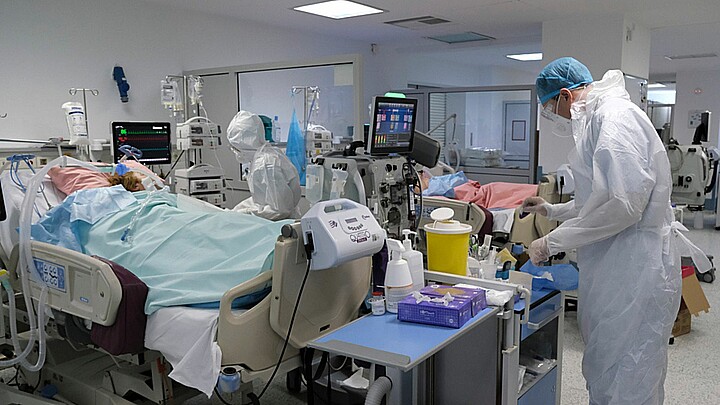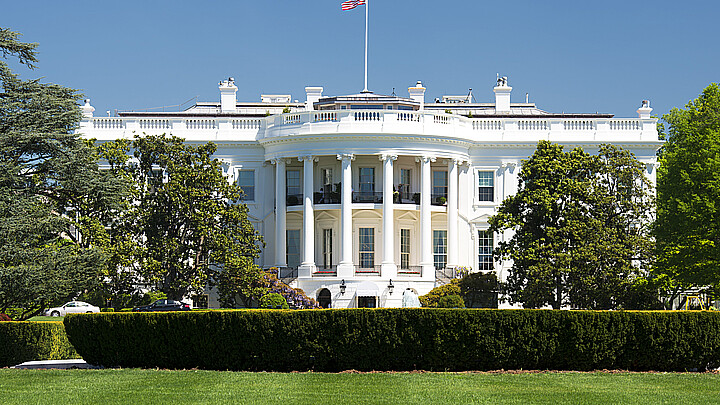Health
Scientists developed new blood test that reliably detects Alzheimer’s disease
The new tests would enable a faster diagnosis of Alzheimer’s, allowing doctors to treat it sooner
December 29, 2022 7:28am
Updated: December 29, 2022 7:28am
Scientists developed a new way to test if people have Alzheimer’s disease without the need for painful or invasive procedures. In what is being called a scientific breakthrough, patients would only have to take a blood test to detect whether they have the disease.
Alzheimer’s is the most common form of dementia. However, being able to identify it in its early stages has remained a challenge and is something scientists have been working on.
The disease is usually detected through expansive brain imaging or a lumbar puncture to obtain a sample of the cerebrospinal fluid. However, these procedures can be painful, invasive, and expensive. Additionally, finding a slot to schedule the procedure can take months, if not years.
“A lot of patients, even in the US, don’t have access to MRI and PET scanners. Accessibility is a major issue,” said Professor Thomas Karikari from the University of Pittsburg, who was part of the study.
The new tests would enable a faster diagnosis of Alzheimer’s, allowing doctors to treat it sooner, and would be less expensive than the traditional methods.
“A blood test is cheaper, safer, and easier to administer, and it can improve clinical confidence in diagnosing Alzheimer’s and selecting participants for clinical trial and disease monitoring,” Karikari said.
The team of scientists at the University of Washington that developed the test tested it in 600 patients with various stages of Alzheimer’s. Their results, which were published in the journal Brain, show that they could reliably distinguish the disease from other neurodegenerative diseases.
The next step for the scientific team is to validate the results of the experiments on more patients from various backgrounds who are experiencing different stages of the disease.









